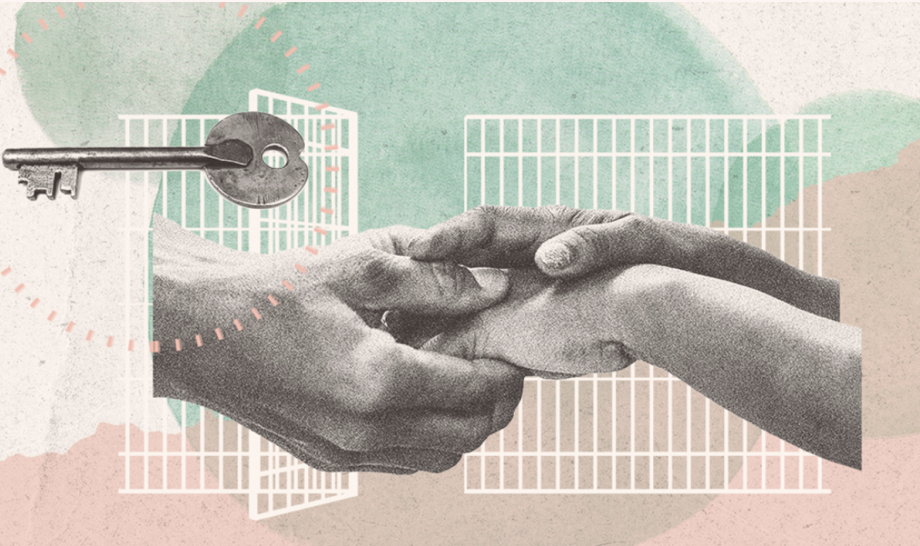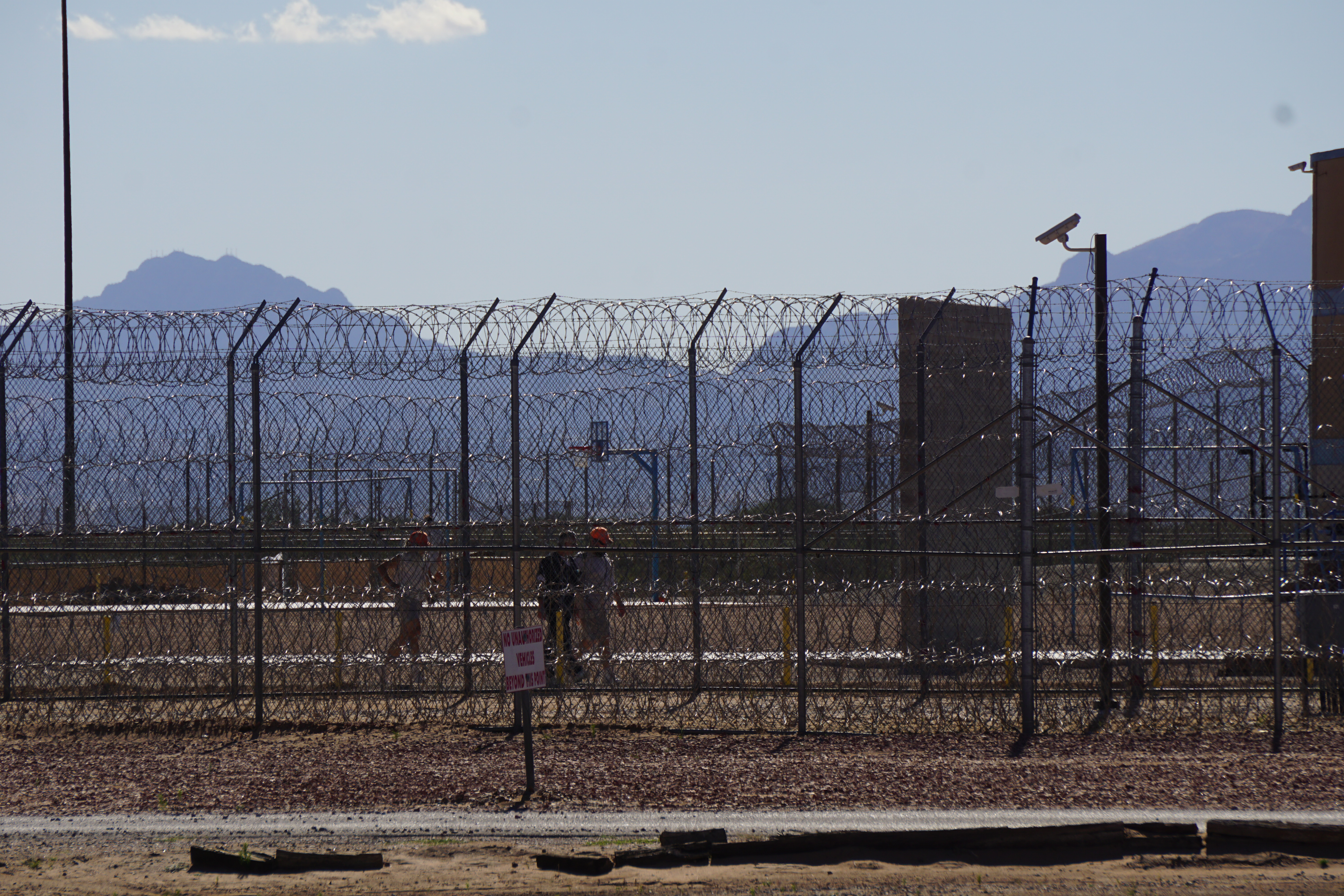There have been 242 new COVID-19 cases so far this year at a U.S. Customs and Immigration Enforcement (ICE) detention center in New Mexico where the number of people held has more than doubled compared to earlier in the pandemic.
There are 74 active COVID-19 cases at the Otero County Processing Center (OCPC) as of Feb. 10, according to ICE’s coronavirus tracker.
The 242 new cases in 2022 bring the total of infections at OCPC to 914 as of Feb. 10. That means more than a quarter of all COVID-19 cases at OCPC during the pandemic have occurred in the past 6 weeks.
Management and Training Corporation (MTC), a Utah-based private prison company that operates OCPC, did not respond to a request for comment about the COVID-19 outbreak.
“The ACLU of New Mexico has repeatedly reached out to leadership at the Otero County Processing Center for both MTC and Otero County regarding COVID response plans, testing, treatment and vaccinations since the beginning of the pandemic,” ACLU of New Mexico’s Immigrant Rights Staff Attorney Zoila Alvarez Hernández said. “These kinds of outbreaks are completely preventable and speak to ICE’s disregard and recklessness for the safety and well-being of those individuals under their care.”
Earlier in the pandemic, the number of people at ICE detention centers had been reduced to help prevent the spread of the deadly virus. But despite the national wave of infections from the highly contagious Omicron variant, the population at OCPC had grown to levels not seen since 2020.
In mid-June 2021, OCPC had an average daily population of 208 people, according to data from TRAC, an immigration data nonprofit at Syracuse University. As of Jan. 10, the most recent data available, OCPC had an average population of 537 people.
This is not the first COVID-19 outbreak at OCPC. El Paso Matters reported on an outbreak last year, in which by July 21 OCPC had 63 active cases.
Case numbers are also up at two other ICE detention centers in New Mexico.
At the Cibola County Correctional Center, cases have nearly doubled since the start of the year, from 23 on Dec. 31 to 44 on Feb. 10, including 17 active cases. Cibola has an average daily population of 81 people in January, according to TRAC.
At the Torrance County Detention Center, cases increased from 380 on Dec. 31 to 414 on Feb. 10, with no active cases reported. Torrance has an average daily population of 228 people in January, according to TRAC.
More than 1 out of every 10 people in ICE detention have an active COVID-19 infection, according to ICE’s data, which reports 2,401 active cases and 21,197 people detained.
ICE found multiple contract violations at troubled Otero County detention center shortly before extending a lucrative private contract
A privately-run ICE detention center got a pay increase, guaranteed minimum during pandemic detention declines
There have been 242 new COVID-19 cases at the Otero County Processing Center so far this year.


